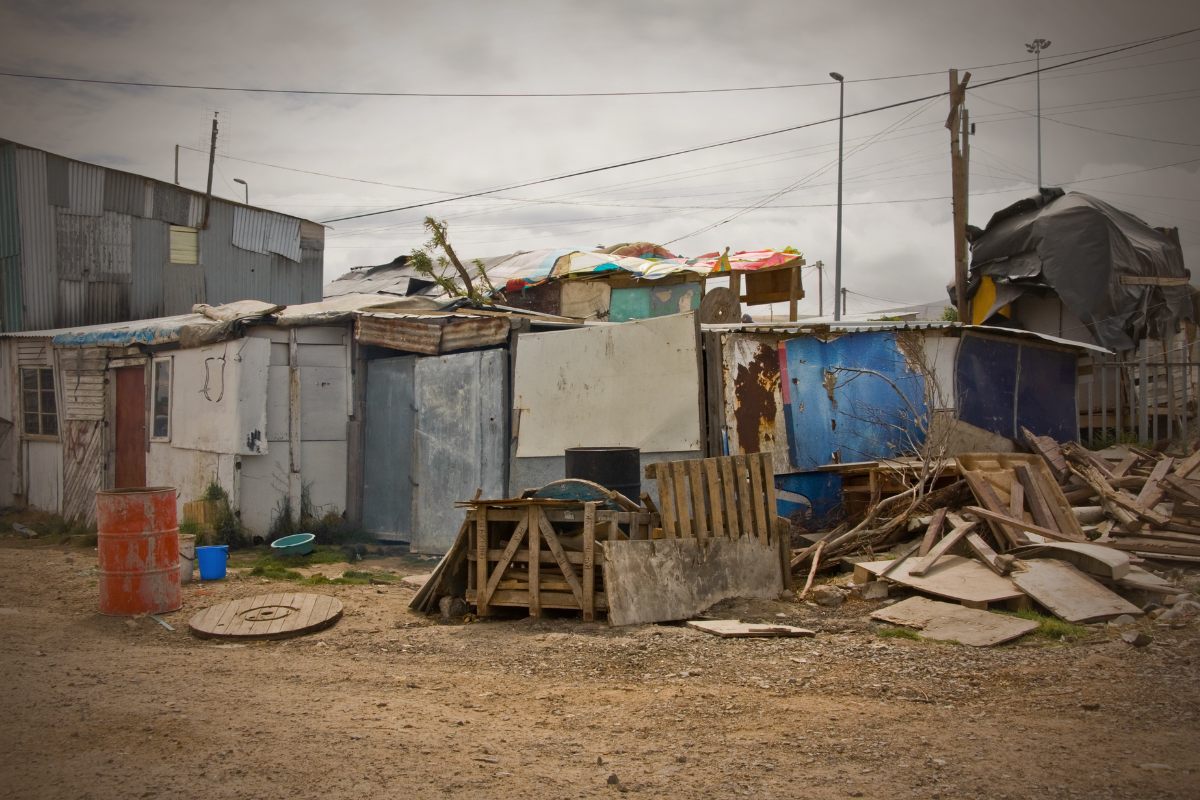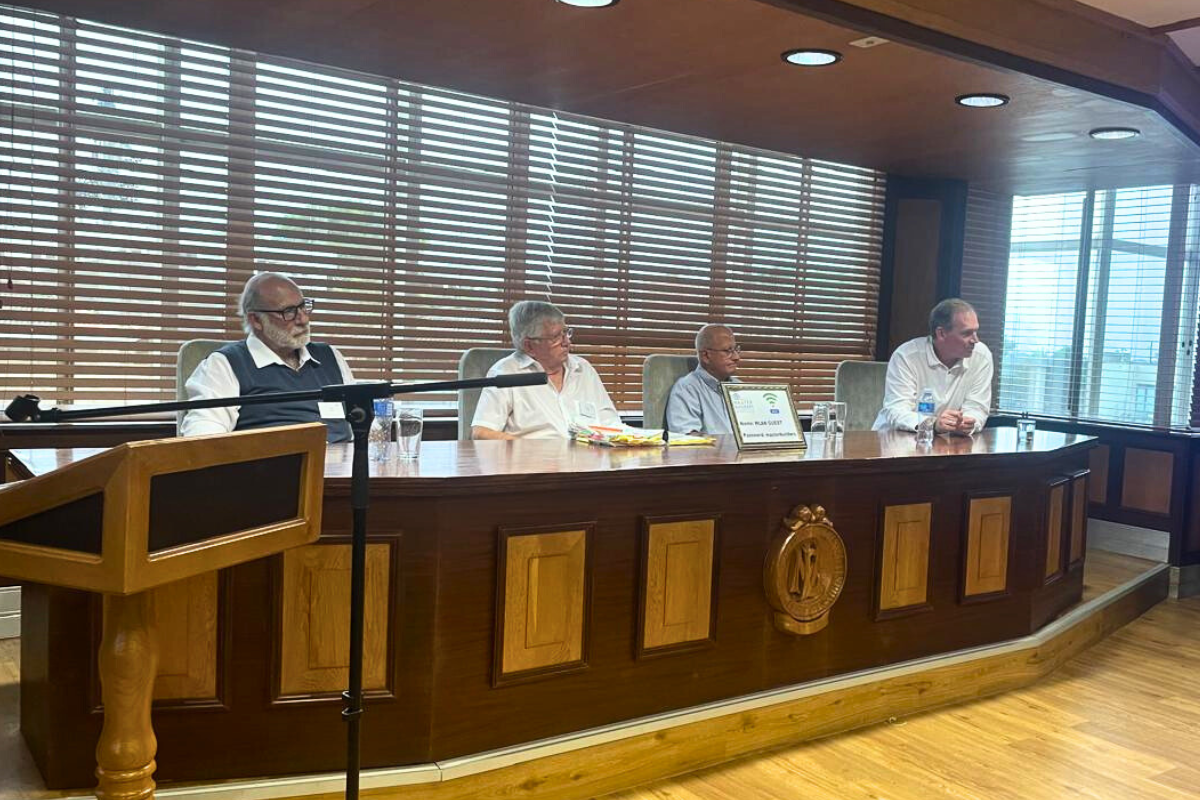One of the main tools in the sales arsenal of an estate agent is producing market-related property valuations for their clients. However, SAIV (the South African Institute of Valuers) has made strong objections to the PPRA with regard to this, stating that agents are neither qualified nor legally allowed to conduct valuations, and are putting the credibility of both industries at risk.
The issue at hand: SAIV’s position
“The Property Practitioners Regulatory Act states explicitly that a Property Practitioner may not offer services or engage in activities for which they are not qualified.
Section 19(1) of the Property Valuers Profession Act 47 of 2000 states the categories of registration of property valuers within South Africa: Professional Valuer, Professional Associated Valuer, Candidate Valuer or specified categories as (sic) prescribed by the Council. Property valuers must be in possession of an accredited property valuation qualification before they can register to become property valuers. This is followed by intense practical training and exposure before they are eligible to write a board exam qualifying them to become professionals. Furthermore, valuers must undertake various activities for continuous professional development to maintain their registration.
Therefore, unless you are a registered property valuer with SACPVP, you cannot undertake any property valuations nor offer property valuations as you would be in contravention of the Property Valuers Profession Act and the Property Practitioners Act”, de Wet explained.
Apart from the legal restrictions and educational requirements, de Wet clarifies that a Property Valuation is a definitive statement of value, and if in error and relied upon and subsequently found to be wrong can lead to a civil action to recover losses. Crucially for agents, their Property Practitioner Indemnity Insurance will not cover activities for which they do not hold qualifications.
Does this mean estate agents cannot conduct valuations?
According to a communication issued by Di de Wet, SAIV President, the crux of the problem lies with the terminology used. “We appeal to you to stop using the terminology VALUATION / VALUE and consider using other terminology that does not imply that property practitioners are qualified to do valuation work. A Comparative Market Analysis (CMA) is a perfectly acceptable way of presenting your expertise to a client in advising them on at what price point to present the property in the market for the best and quickest results”, advises de Wet.
She also suggests that agents clarifies that the estimate was derived from statistics extracted from recent property transfers registered at the deeds office, as well as comparative properties currently being marketed in the area and those that have not sold due to being overpriced.
A Professional Valuer with a significant number of years studying to degree level and beyond is equipped by following international best practice guidelines to produce a Valuation Report that can stand the test of cross-examination in a court, even then, if found to be in error, the Valuer has the backing of Professional Indemnity Insurance.
The consequence of the continued use of valuation / value is the following:
The erosion of trust and integrity in the valuation profession by members of the public and other consumers by having non-qualified individuals conducting valuations. Some of the reports that have been brought to our attention have limited market information, and the valuation methodology applied is incorrect and does not hold up to valuation standards.
Property valuations conducted by unqualified individuals being incorrectly used by members of the public for rates objections on municipal valuations, which has a greater impact on the broader economy.
The risks and potential financial effects on consumers where incorrect values are ascribed to properties due to a property practitioner’s lack of knowledge of valuation principles and methodologies.
The direct impact on the livelihood of registered property valuers and their ability to generate income.
The direct impact on the opportunities that are taken away from young graduates entering into the profession in having unqualified individuals performing their work.
A simple change of terminology would avoid practitioners becoming liable for any action that may be initiated when clients perceive loss resulting from a “valuation” performed by property practitioners.
**This article was originally published on the Property Professionals website.



